News

Feb 21, 2025
Penn State to establish Animal Diagnostic Lab-West
With $6 million in state funding, the new facility, to be located at Penn State Beaver, will enhance animal health and support for animal agriculture in western Pennsylvania.
Full Article
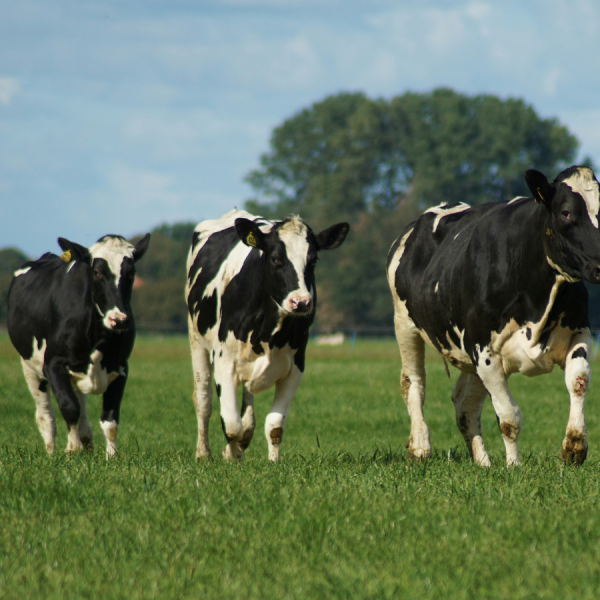
Feb 20, 2025
Simple treatment may reduce inflammation and its side effects in expecting cows
The one-time anti-inflammatory treatment was effective when given before birth.
Full Article
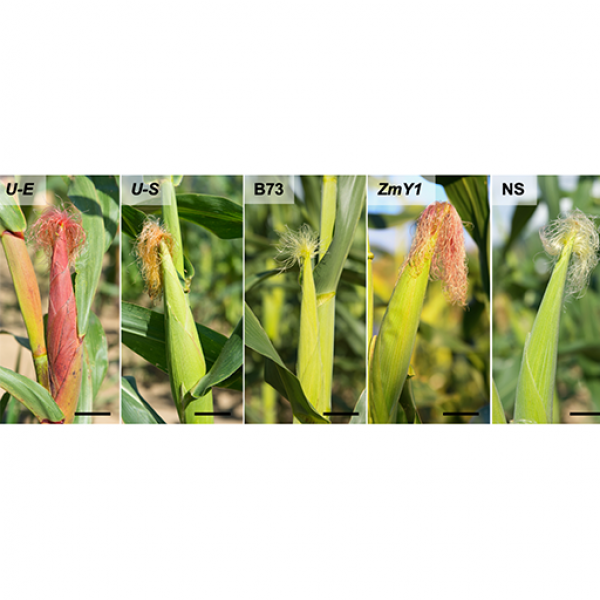
Feb 19, 2025
Select corn lines contain compounds that sicken, kill major crop pest
The compounds, called flavonoids, have an insecticidal effect on corn earworm larvae.
Full Article
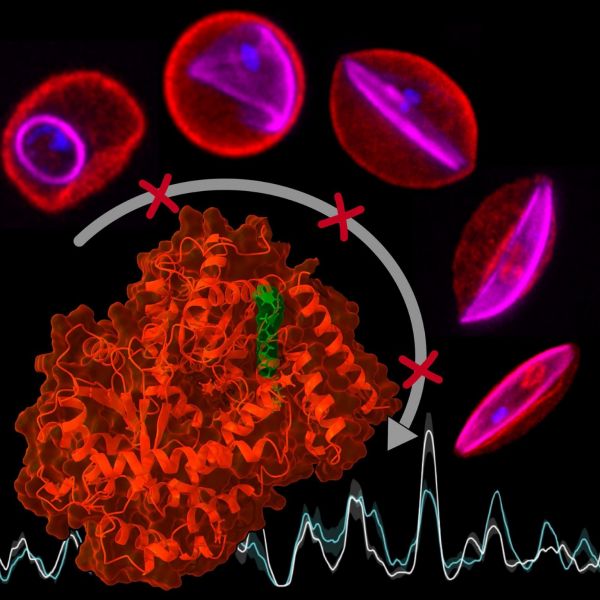
Feb 19, 2025
Disrupting parasite gene regulation reveals new malaria intervention strategy
Malaria's deadliest parasite relies on precise gene regulation to survive. A new multinational study, including Penn State scientists, reveals key insights into these control mechanisms.
Full Article

Feb 19, 2025
Penn State Climate Consortium awards 5 workshops focused on climate solutions
The Penn State Climate Consortium has awarded five workshops as a part of its Climate Solutions Accelerator Program for 2025.
Full Article
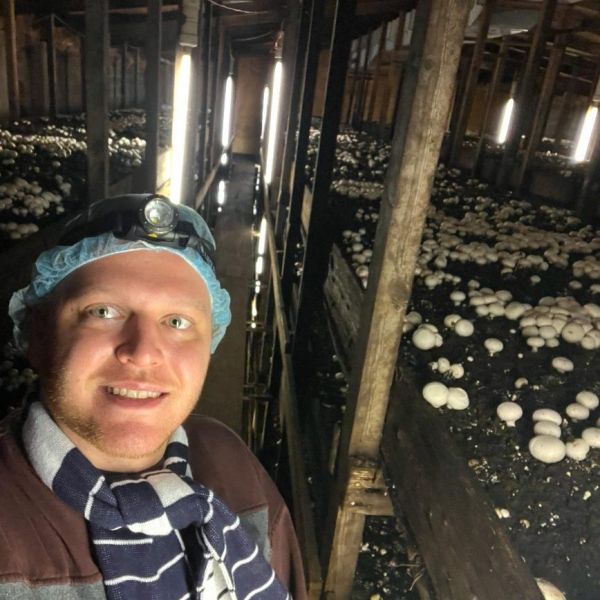
Feb 18, 2025
Penn State researchers developing strategies to diminish mushroom phorid flies
The commonwealth, industry and University researchers are partnering to develop integrated pest management solutions.
Full Article

Feb 18, 2025
Feb. 24 EarthTalks: Cross-disciplinary collaboration employing stakeholder input
Camelia Kantor, associate director of strategic initiatives at the Huck Institutes of the Life Sciences and associate research professor at Penn State, will give the talk, “Bridging Worlds: How Geography and Nematology Research Converge Through Stakeholder Input,” at 4 p.m. on Monday, Feb. 24, in 112 Walker Building at Penn State University Park. Talk will also be available via Zoom.
Full Article
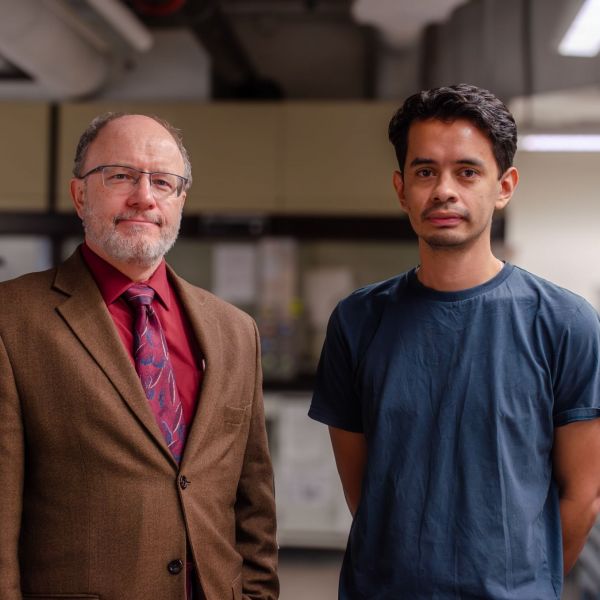
Feb 18, 2025
Young adults may be more vulnerable to nicotine addiction than the middle aged
People in their late teens and early 20s may be more sensitive to nicotine and more susceptible to nicotine addiction than middle aged adults, according to a new study in mice from researchers in the Penn State Department of Biobehavioral Health.
Full Article

Feb 17, 2025
Penn State names 10 new distinguished professors for 2025
The distinguished professor or distinguished librarian title recognizes outstanding academic contribution to the University.
Full Article
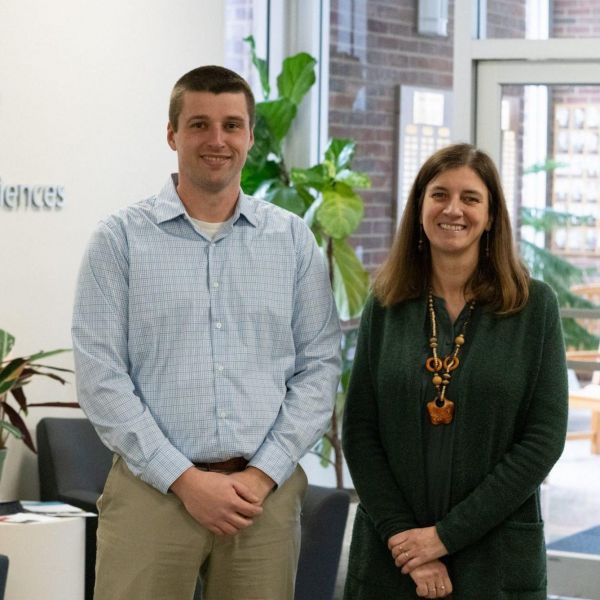
Feb 14, 2025
Growing people and forests: The power of undergraduate research
Mont Alto program coordinator partners with former mentor to support undergraduate research opportunities.
Full Article